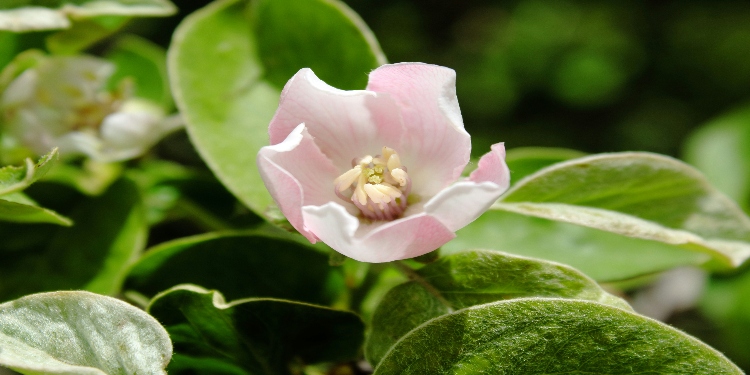In a nation historically fuelled by black tea and biscuits, a fragrant newcomer is quietly winning hearts – jasmine green tea. Once the preserve of niche teahouses and wellness retreats, jasmine tea is now finding its way into British kitchen cupboards, afternoon rituals, and Instagrammable breakfast tables. But what is driving this subtle revolution?
A Shift in Taste and Tempo
British tea culture is undergoing a transformation. While the traditional builder’s brew still holds its place, younger consumers are increasingly looking for alternatives that align with changing lifestyles. Lower caffeine, floral aromas, and associations with calm and mindfulness have turned jasmine tea into a favourite among those swapping oat lattes and protein shakes for something a bit more timeless.
According to a recent consumer trends report, sales of green tea blends in the UK have risen steadily over the past five years. Jasmine green tea, in particular, has seen a sharp rise, largely thanks to its appeal across wellness, taste, and aesthetic categories.
Not Just a Brew. A Mood
Part of the charm lies in the experience itself. Jasmine tea is made by infusing green tea leaves with fresh jasmine blossoms, allowing the scent to permeate the leaves naturally. The result is a drink that feels indulgent without being unhealthy – a rare combination in today’s world of detox promises and flavourless ‘health’ drinks.
“You’re not just drinking tea, you’re inhaling calm,” says Sophie Ellison, a London-based herbalist and tea curator. “The aroma of jasmine has been linked to reduced anxiety and improved mood. People love it because it feels like a ritual. You slow down. You pay attention. You take a breath.”
A New Kind of ‘Afternoon Tea’
Afternoon tea has long been a cornerstone of British culture. But it is being reimagined. At trendy cafes in Shoreditch and Brighton, tiered trays of scones and sponge cake now sit beside ceramic pots of jasmine green tea. It’s becoming a go-to for those who want something lighter than black tea but more aromatic than plain green.
Millennials and Gen Z, in particular, are leading the charge. Jasmine tea is frequently mentioned on wellness blogs and TikTok food accounts as a ‘must-have’ for creating a calming morning or winding down after work. It also photographs well – pale gold in a glass teacup with steam curling above the rim.
The Taste of Travel Without Leaving Home
There is also something transportive about jasmine tea. With its origins in the tea gardens of Fujian, China, jasmine green tea carries with it centuries of tradition. It is still made using time-intensive techniques, often involving hand-plucking blossoms and layering them with tea leaves overnight.
In a post-lockdown world, where travel has become either more expensive or less appealing, many people are seeking small pleasures that remind them of faraway places. A cup of jasmine tea brings the scent of southern China into a flat in Manchester or a garden in Devon.
“People want moments that feel global but grounded,” says Mike I, founder of an independent tea brand based in Twyford, Berkshire. “Jasmine green tea does that beautifully. It connects the exotic and the everyday.”
The Wellness Crowd Approves
Beyond its delicate scent and poetic origins, jasmine tea has another powerful ally – the wellness movement. Rich in antioxidants and lower in caffeine than black tea or coffee, jasmine green tea is marketed as a stress-busting, metabolism-boosting beverage.
Nutritionists often highlight its potential to support digestion and immune health, while those who suffer from anxiety or sleep issues favour it over stronger teas or coffee. It’s not a miracle cure, but for many, it’s a gentle and enjoyable daily habit.
Crucially, jasmine tea fits into a broader trend of functional beverages. As soft drink sales decline and concerns around sugar, energy drinks, and artificial ingredients rise, many are turning to traditional drinks with added health benefits.
Jasmine Green Tea in the UK: From Niche to Normal
Supermarkets and high street chains have taken note. Jasmine green tea is now a regular on the shelves at Waitrose, Sainsbury’s and even some Tesco Express branches. Artisanal blends can be found in farmers’ markets and online stores, often paired with other botanicals like rose petals or lemongrass.
Independent brands are thriving too, offering loose leaf blends and pyramid bags that cater to both the connoisseur and the casual drinker. British tea drinkers are becoming more adventurous, and jasmine tea is riding that wave.
It is no longer unusual to see a friend swap out their espresso for a steaming mug of jasmine tea during a catch-up. Or to hear someone say they’re starting their day with a ten-minute jasmine steep and a moment of silence. In a world of noise and notifications, that pause – that quiet floral inhale – is priceless.
Final Word
Jasmine tea may never replace the nation’s love for black tea, but it is carving out its own, very elegant niche. Whether it’s sipped for its scent, its story, or its soothing properties, jasmine green tea has become more than a drink. It is a sign of shifting tastes, quieter rituals, and a culture slowly rediscovering the power of the pause.
In the end, it’s not just tea. It’s a moment. And for more and more people across the UK, that moment is jasmine.













































































